KRUGER NATIONAL PARK
The Kruger National Park is one of South Africa’s most incredible safari destinations, with some of the best animal sightings and most beautiful landscapes on the continent. Established in 1926, the park has inspired generations as a pillar of what sustainability and wildlife protection can look like, and is a truly incredible testament to Africa’s magnificent flora and fauna. It is the ultimate holiday spot and offers something special for every conscious traveler.
Kruger National Park is a destination for explorers because it captures the spirit of African beauty and diverse fauna. A wide variety of safaris, excursions and activities are provided by Kruger Park safaris to ensure that your encounter with animals is nothing short of extra ordinary.
WHERE DOES KRUGER FIT INTO YOUR SOUTH AFRICA ADVENTURE
Kruger is South Africa’s most visited safari destination. It’s easy to understand why: the 7523 mi² national park contains more species of wildlife than any other wildlife area in Africa – 130 mammals, 114 reptiles, 48 fish, 33 amphibians, and 468 birds. Large populations of elephant, buffalo, plains zebra, greater kudu, giraffe, impala, white rhino, black rhino, hippopotamus, lion, leopard, cheetah, African wild dog (painted wolf) and spotted hyena inhabit the park.
Impala in Kruger National Park

SAFARI ACTIVITIES IN KRUGER NATIONAL PARK
- Guided bush walks
Walking through the Kruger National Park will plunge you in the heart of an African adventure. You will be accompanied by experienced armed guides. The purpose of the walk is to learn about and appreciate the intricate details of the natural world around you. A walking safari allows you to get up close and personal with the animals. The guides’ expertise ensures that you not only see the animals, but also leave with a wealth of knowledge about them and their habitat.
The goal of such walks is to learn about and appreciate the intricate details of the environment around you. You will be able to tune into the sights, sounds, and smells more than when travelling in a vehicle once your senses have been activated. Once your senses are activated, you will be able to tune into all of the sights, sounds, and smells that one does not often get to experience while driving. Take advantage of the opportunity to see members of the Big 5 on foot.
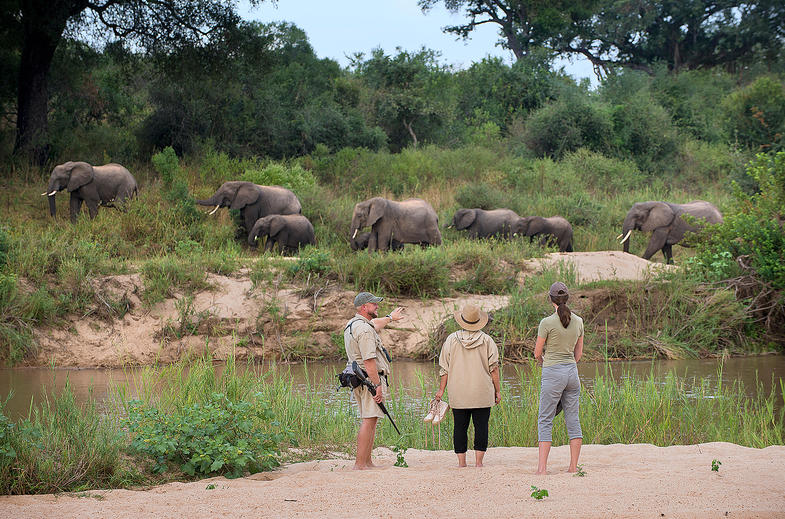
- Mountain bike trails
Reducing the number of wheels from four to two may be a real exciting decision when in the park. On two wheels, you can take in all the sights and sounds of the national park.
Olifants Camp is the only camp that offers this kind of excursion and provides you with all of the necessary equipment. There are multiple trails to choose from, depending on your degree of expertise and physical preparedness. These paths provide the best opportunity to take in the views and sounds of the park while remaining outside of your car.

- Bird watching
This is one of the best-liked things to do in the Kruger National Park, and the primary draw is the enormous variety of bird species that can be seen there. Birds can be seen in great numbers throughout the park, but the northern half of the park is especially desirable for birdwatchers.
It is the only place in Southern Africa where you can witness some species of birds that are only found here. There are currently eleven separate bird hides available for use in Kruger National Park, and park rangers have identified over 226 distinct species of birds.
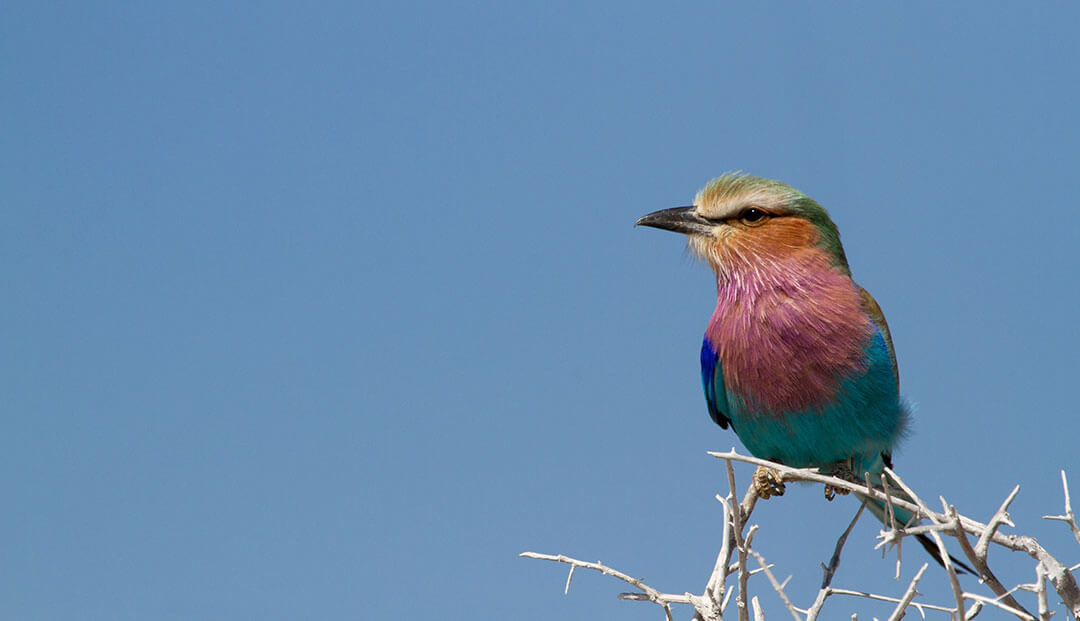
- Golfing
The Kruger National Park and the surrounding area are home to a number of renowned golf courses, providing opportunities for golf aficionados to test their skills and swing. You can test your skills on one of four different courses that are available in or near Kruger National Park – the Skukuza course, Sabie River Golf Course, the Leopard Creek Golf Course and the Hans Merensky Golf Course are some of the courses in the area.
Because the Park has a subtropical environment, the best time to play golf there is during the winter months when it is cooler. Enjoying a round of golf while getting the chance to get up close and personal with local wildlife is a win-win situation.

5. Bush braais and traditional cuisine
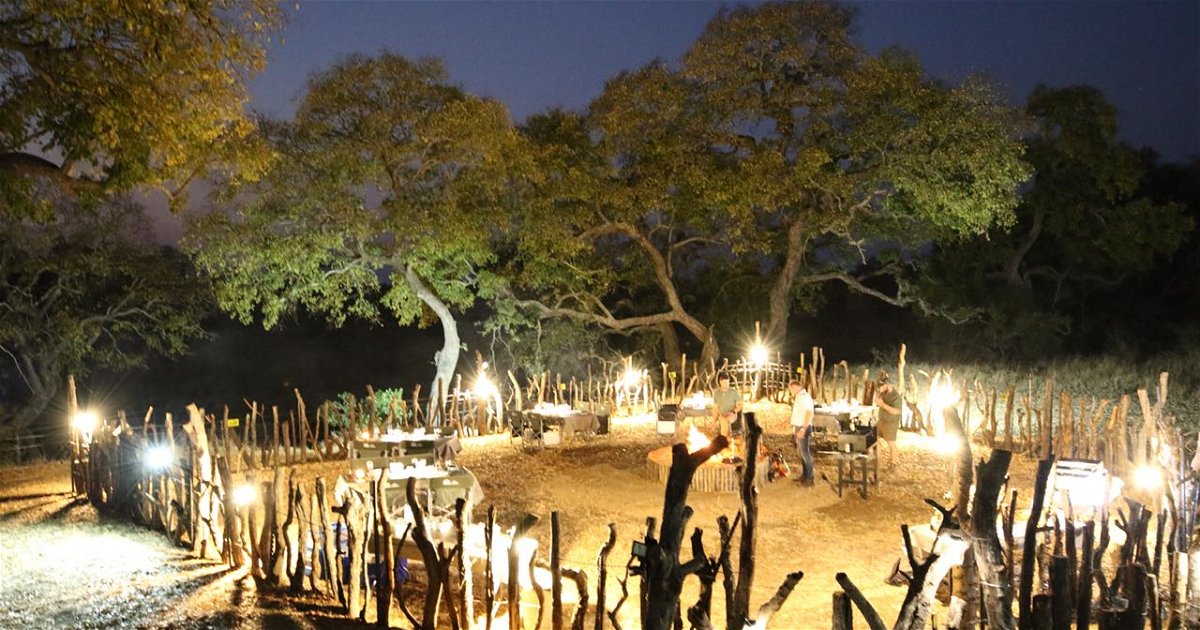
A bush braai is an evening meal combined with a game drive to and from a BBQ location. The drive there will be during the day, and the drive back to your rest camp will be at night. You get out in a safari vehicle, see the sun set, continue driving at night to a special location for a barbecued meal of game meat, sausages, vegetables, and salads. Dessert, tea, coffee, and alcoholic beverages are also available.
While you are eating, keep your eyes and ears open, looking for and listening to any wildlife in the surrounding bush. Do not forget to bring your camera. Several main Kruger National Park rest camps offer bush braais. You must spend the night at the same rest stop from which your bush BBQ departs.
6. Hot air balloon flights
enjoyable and educational adventure that will be one of the highlights of your Big Game Country visit.
Hot air balloon safari flights are available over a few lodges and game reserves in the Greater Kruger Park area that have suitable terrain.
You meet before sunrise and enjoy coffee while watching your hot air balloon be inflated and prepared for flight. After a safety briefing, you should be able to take off in time to see the sunrise. Then, on your hot air balloon safari, you will change altitude to look for a favourable wind that will allow you to drift gently over the landscape.
After about an hour of hot air balloon safari flight, the pilot will choose a suitable landing site where the rescue crew will be present. Depending on the weather, sparkling wine and fruit juice are served after the hot air balloon safari.
7. Kruger wildlife
:max_bytes(150000):strip_icc()/GettyImages-104329693-5a27e55e980207003656238e.jpg)
One of the great parks of Africa, Kruger and the surrounding private reserves are home to all of southern Africa’s iconic mammal species including the famed Big Five — buffalo, elephant, lion, leopard and rhino. This is also a great park for giraffe, zebra, cheetah and even wild dogs. The sheer quantity of animals seen on a safari trip here can be mind-boggling.
There are tens of thousands of impalas and blue wildebeest and, despite sustained recent poaching, there are still thousands of white rhinos (plus some black rhino). The lion population is somewhere around thousand and elephants are doing exceptionally well, with some 13,000 presents (which is about double the park’s real carrying capacity). In total, some 140 mammal species are known to live in and around the Kruger eco-systems, which makes it one of the most mammal-rich parks in the world.
The diverse habitats, which include thorn tree woodlands and shrub mopane veld, river valleys lined by tropical forest and searing granite kopjes (hills), supports an even more impressive array of birdlife. More than 500 different species of birds have been recorded in Kruger.
BEST TIME TO VISIT
South Africa’s dry season runs May–October, meaning that vegetation is sparse and animals are easy to spot as they tend to congregate around the more limited water sources. The mild temperatures of South African winter (May–August) are preferred by many visitors. Animals tend to be active in the early morning or early evening, and minimize their movement during the heat of the day, so plan for an early start.
Dry season in Kruger National Park
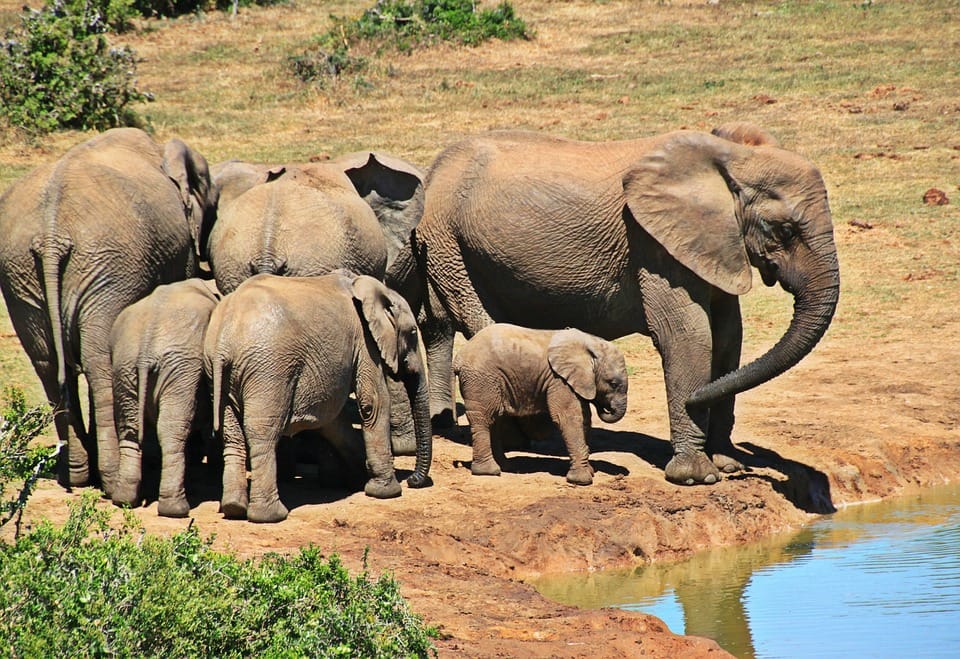
WHERE TO STAY
The Accommodations below are both luxury and mid-range
Royal Malewane

Savanna Private Game Lodge

Singita Boulders

Lion Sands Ivory Lodge
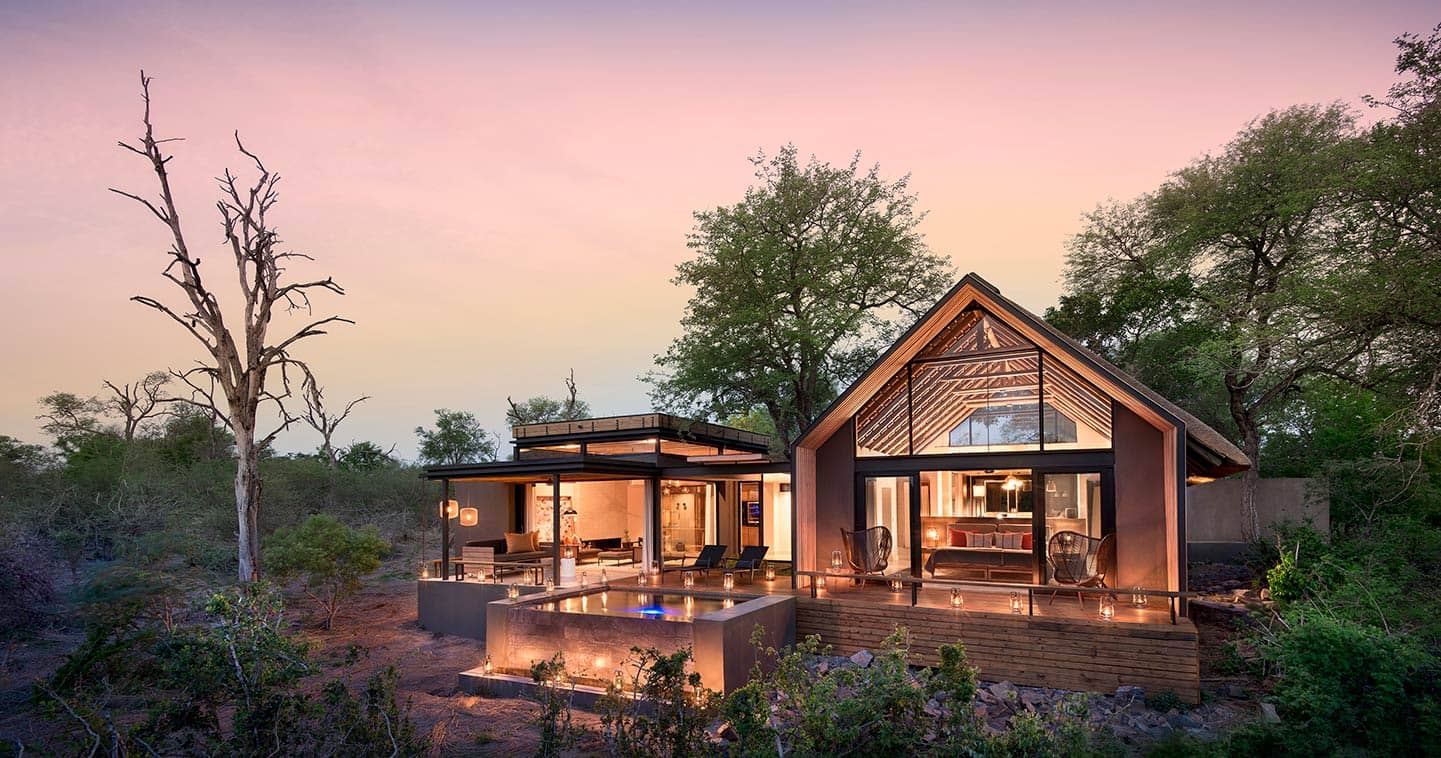
Singita Sweni
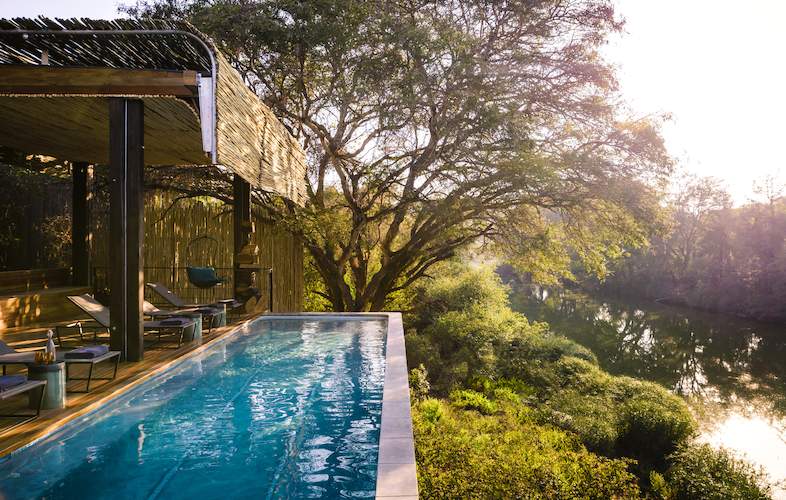
Sabi Sabi Earth Lodge
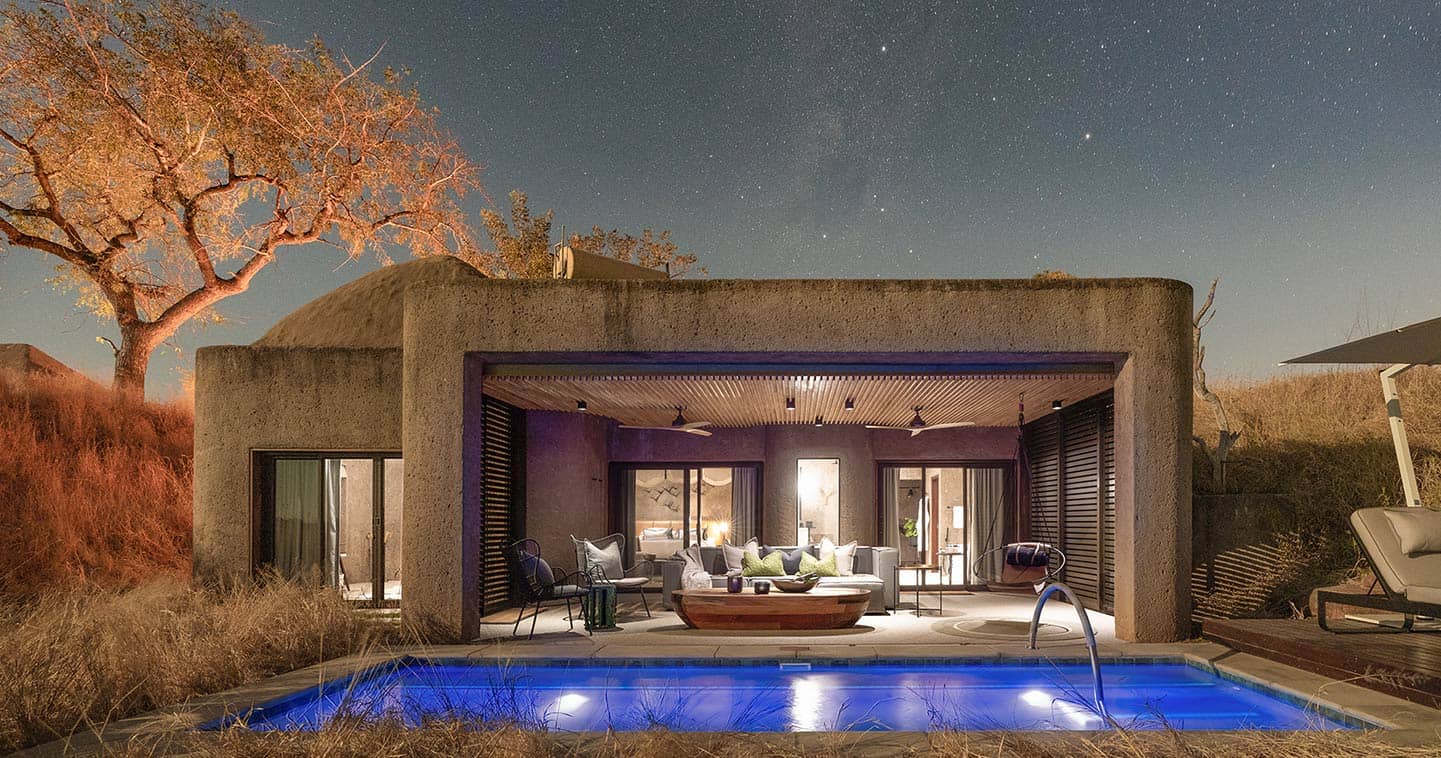
Kapama Southern Camp Kruger Park

Jock Safari Lodge Kruger National Park
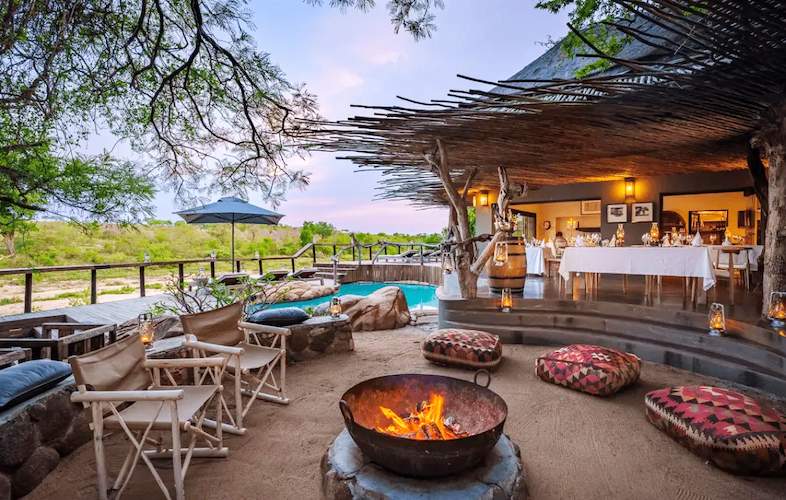
Lukimbi Safari Lodge

Rhino Post Safari Lodge

HOW TO ACESS THE NATIONAL PARK
Kruger National Park is located in northeastern South Africa, and there are several ways to get there. Here are some of the best options:
Fly: The easiest way to get to Kruger is to fly to one of the nearby airports, such as Kruger Mpumalanga International Airport or Hoedspruit Airport. From there, you can rent a car or take a shuttle to the park.
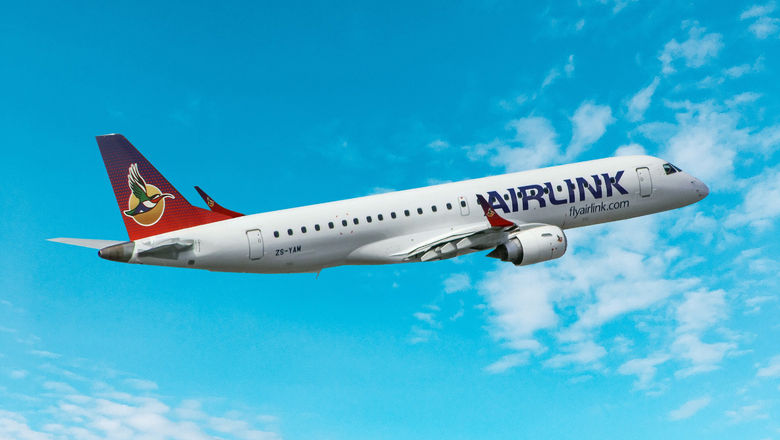
Drive to Kruger: If you’re coming from Johannesburg, you can rent a car and drive to Kruger. The drive takes about 4-5 hours, depending on your starting point and the route you take. You can also drive from other parts of South Africa, but keep in mind that the distances can be quite far.
Organized tours

If you don’t want to plan your own transportation, you can book an organized tour that includes transportation to and from Kruger. Many tour companies offer packages that include transportation, accommodations, and guided safaris.


